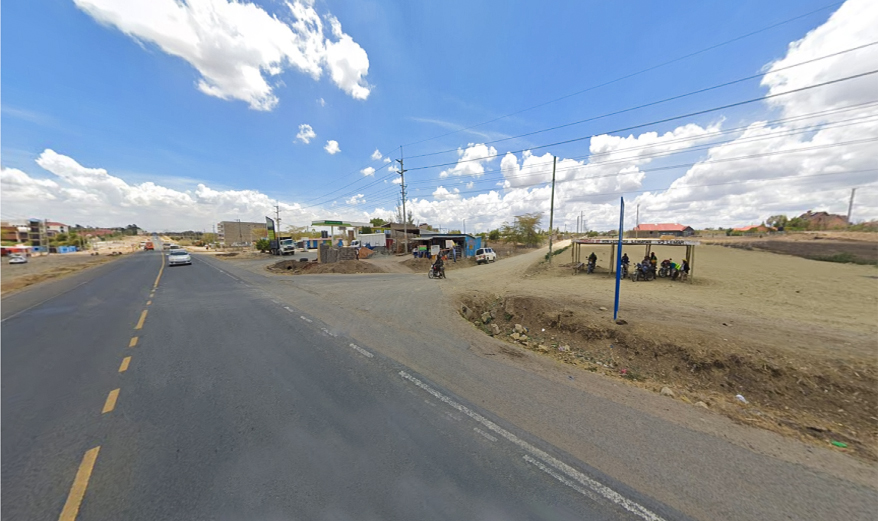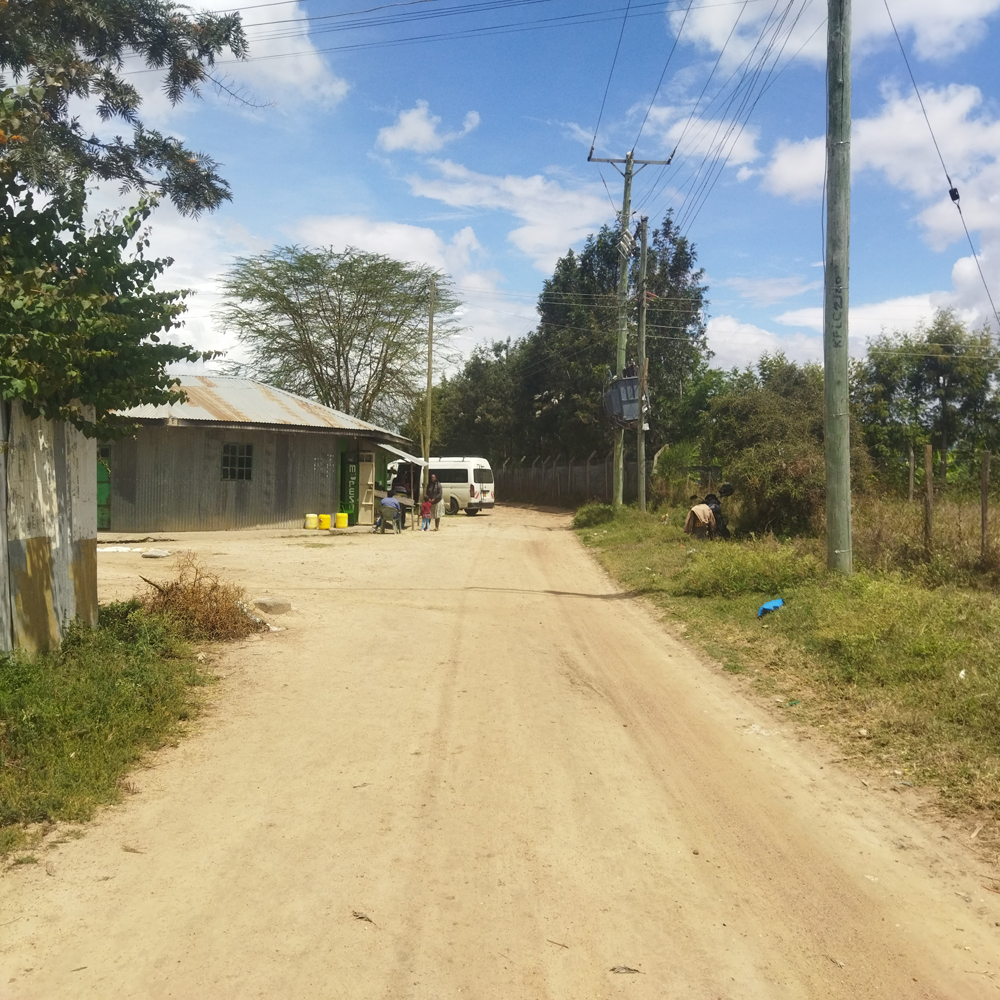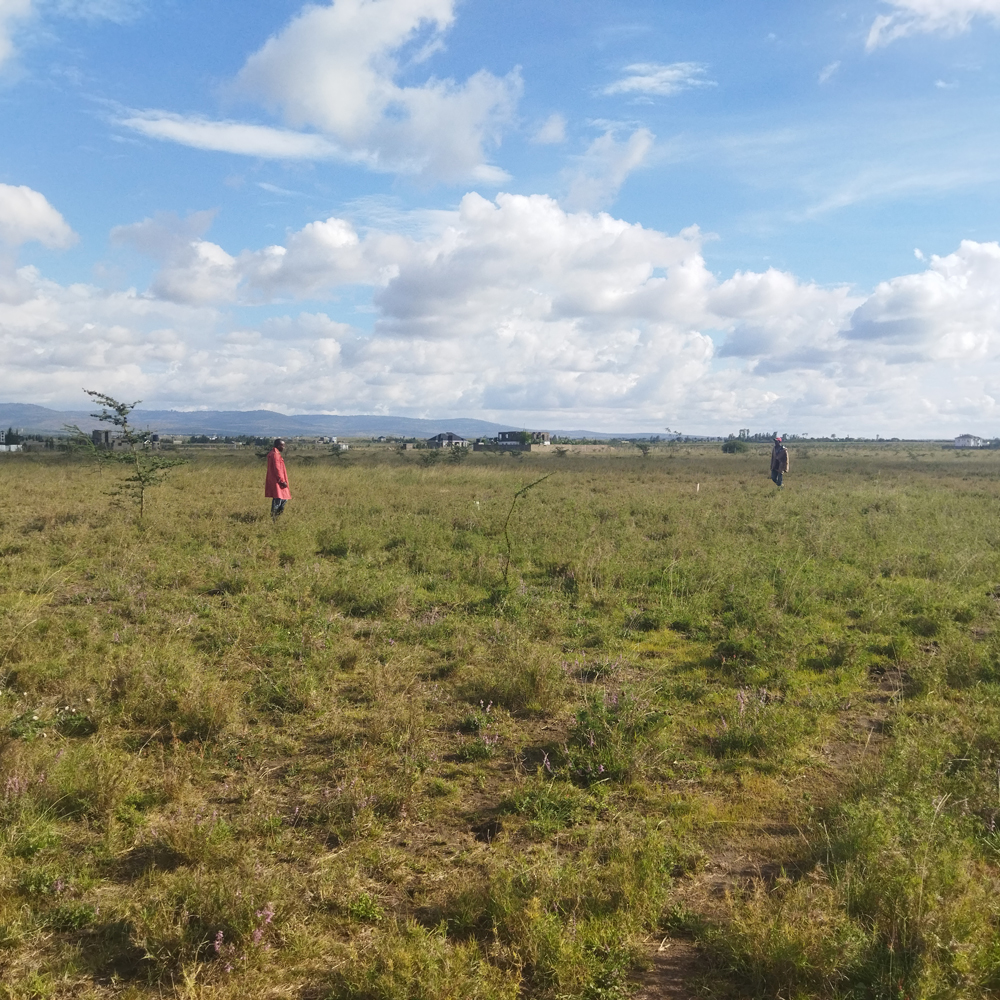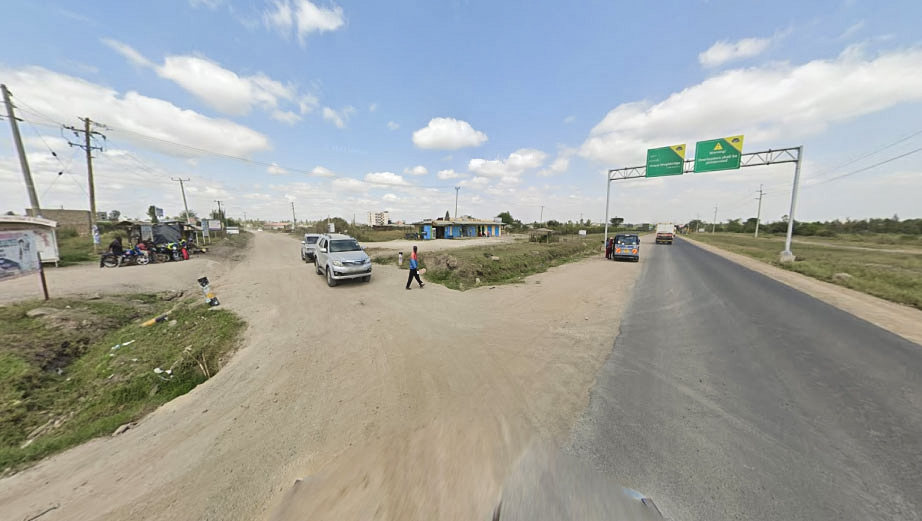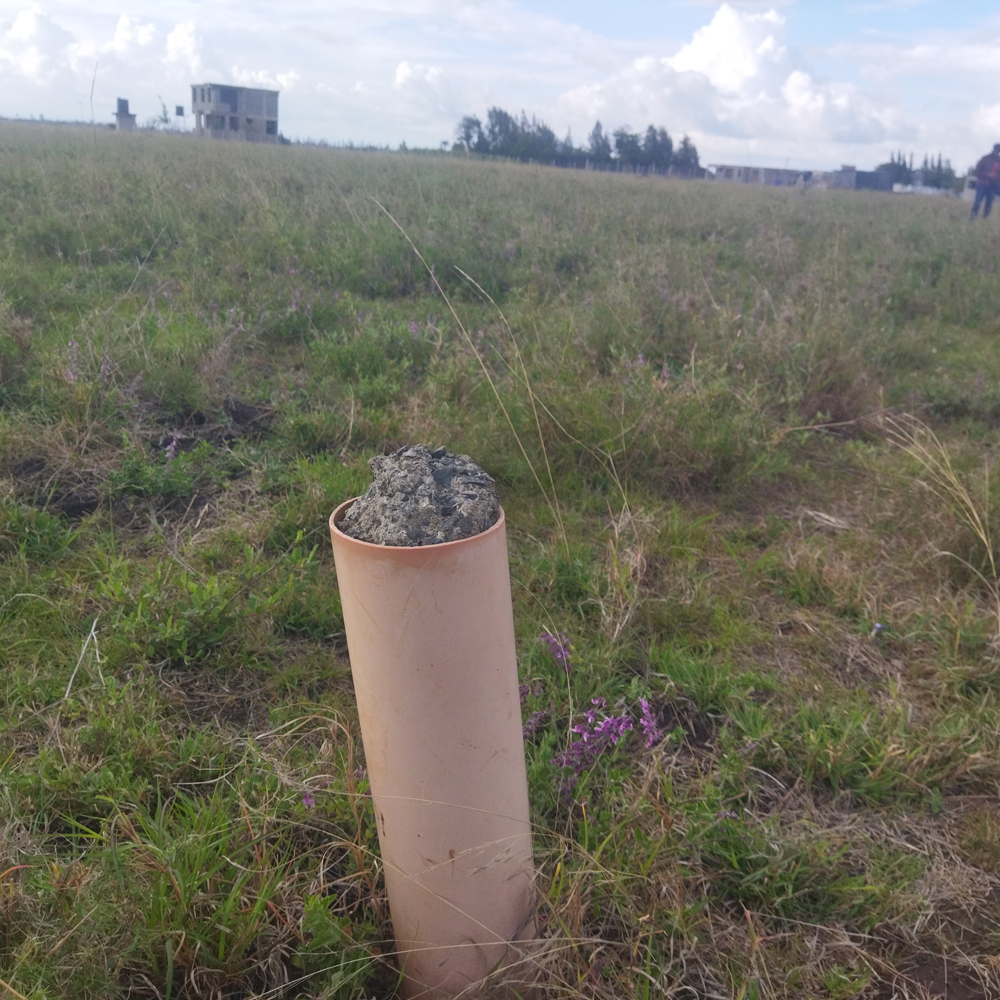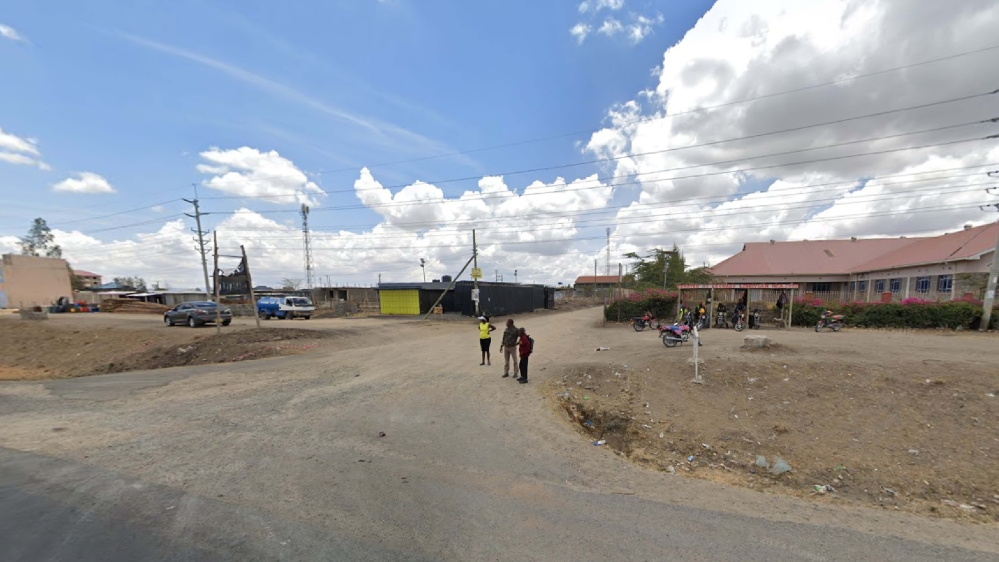Buying land in Kenya is one of the smartest long-term investments you can make. However, it is also one of the most risky if proper due diligence is ignored. Every year, thousands of buyers lose money through land scams, boundary disputes, fake title deeds, or overpriced plots.
To help you invest safely and confidently, here are the most common mistakes to avoid when buying land in Kenya, whether for building, speculation, or future development.
1. Failing to Conduct an Official Land Search
Before paying any deposit, always conduct a land search at the Ministry of Lands.
Why This Is Critical
A land search confirms:
- The registered owner of the land
- Whether the land has charges, caveats, or disputes
- If the title deed is genuine
👉 Conduct a land search through the Ministry of Lands
https://lands.go.ke
Expert Tip:
Always search using the original title deed number and confirm that the seller’s name matches the official records.
2. Skipping a Physical Site Visit
Buying land without visiting the site is one of the biggest mistakes buyers make.
Risks of Not Visiting the Land
- The land may be flood-prone or inaccessible
- Roads shown on maps may not exist
- Beacons may be missing, moved, or disputed
- In extreme cases, the land may not exist at all
Tip:
Visit the land with a licensed surveyor or trusted agent and confirm beacon positions on-site.
3. Not Verifying the Seller’s Identity
Land fraud is common in Kenya, with many scams involving fake owners or unauthorized agents.
What You Should Always Request
- Original National ID and KRA PIN
- If selling through a company, a CR12 document
- A properly drafted sale agreement by an advocate
👉 Learn more about property due diligence
4. Ignoring Zoning and Land Use Regulations
Not all land can be used for any type of development.
Important Checks to Make
- Zoning classification (residential, commercial, agricultural, industrial)
- Proximity to rivers, power lines, or road reserves
- Planned infrastructure or compulsory acquisitions
👉 Check zoning with the County Physical Planning Office
https://www.nairobi.go.ke
5. Not Engaging a Qualified Lawyer or Land Expert
Trying to save on legal fees often leads to costly mistakes.
Why You Need a Property Lawyer
- Drafts and reviews sale agreements
- Confirms legitimacy of documents
- Facilitates land transfer and registration
- Guides you on stamp duty and consent processes
👉 Speak to our land and property experts
6. Falling for Unrealistic Offers
If a land deal looks too good to be true, it usually is.
Common Red Flags
- Urgent “flash sales” with no time for verification
- Unregistered companies selling communal land
- Requests for full payment without agreements or receipts
Tip:
Always compare prices in the area. Extremely cheap land is often a warning sign.
Final Thoughts: Due Diligence Protects Your Investment
Buying land in Kenya can build long-term wealth, but only when done correctly. Avoiding these mistakes protects your money, your title deed, and your peace of mind.
If you are unsure at any stage, professional guidance can save you from irreversible losses.






